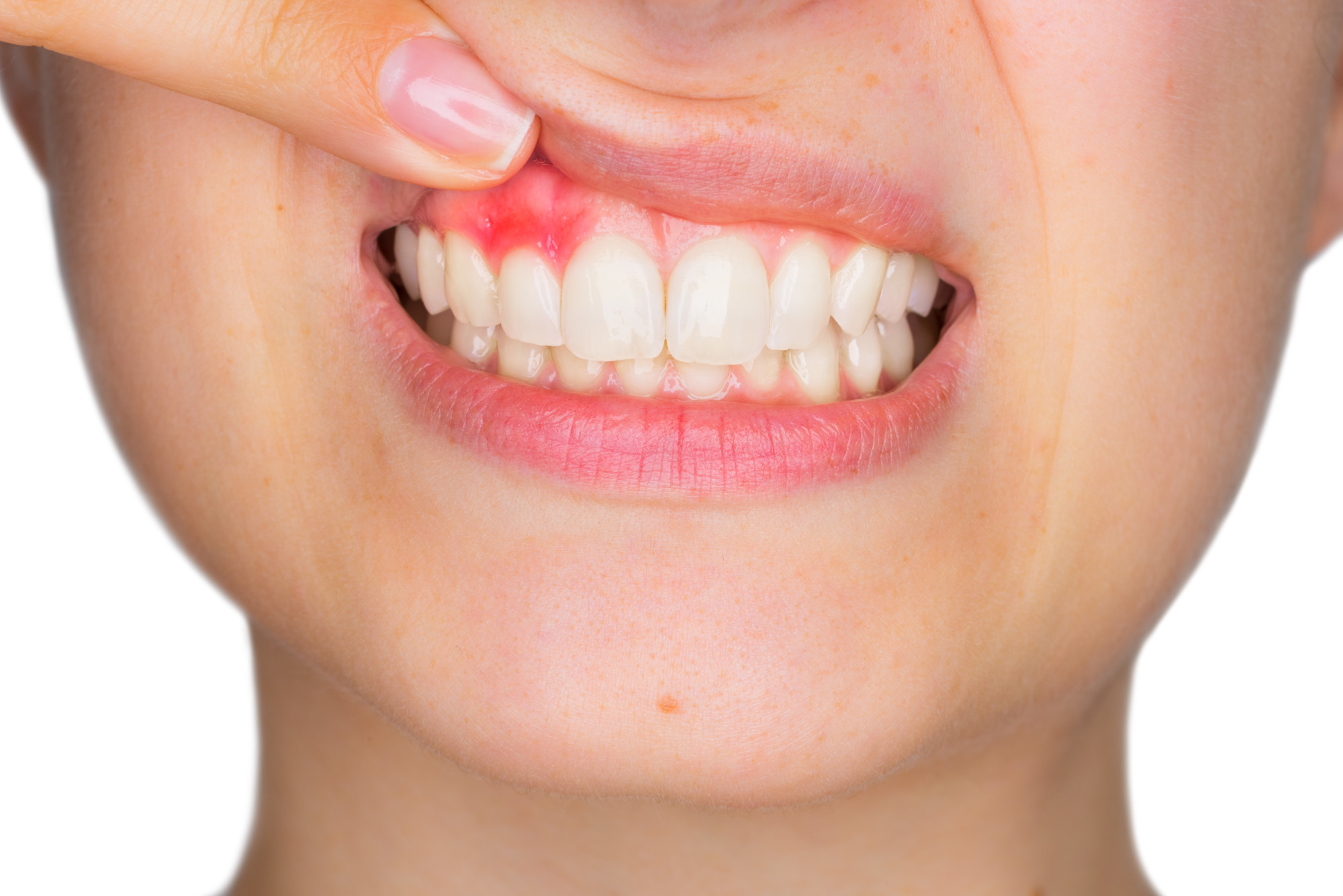Do you floss every day? As it turns out, it’s one of the most effective methods for preventing oral disease.
Not only will it remove food particles, but it will also get rid of any bacteria that’s underneath your gums. Why is this so important? It will prevent the formation of plaque and tartar, both of which can lead to gum disease.
Given all that, it only makes sense to incorporate flossing into your dental routine. It might seem like a hassle, but your health is worth it!
Want to learn more about improving gum health? If so, you’ve stumbled on the right page. We’ll be going over a few dental hygiene tips below—so be sure to keep reading!
Keeping Your Gums Healthy: 4 Tips That Can Help
Gum disease is more common than you think. Here are a few things that you can do to keep them in tip-top shape!
1. Brush Your Teeth Properly
Brushing your teeth is key to having healthy gums. Ideally, you want to do so at least twice a day—more often if you have braces or use Invisalign. For more information, contact your Invisalign provider.
When it comes to the actual brushing, you want to have the toothbrush at a 45-degree angle to the gums. Don’t go back and forth; move it in a circular motion. Avoid using too much force as that can damage the bristles.
2. Use Mouthwash
Consider using mouthwash once you’ve finished brushing your teeth. Not only will it prevent gum disease such as gingivitis, but it will also help to remove leftover food particles from your mouth.
Keep in mind, however, that it is not a replacement for brushing and flossing. If anything, it should be used as an adjunct to both.
3. Get Regular Checkups
Going to the dentist isn’t exactly fun but it will lower your risk of dental problems. For this reason, you want to schedule regular checkups at least once a year.
During your visit, the dentist will be able to remove any tartar or plaque that might be on your teeth. On top of that, they’ll be able to let you know if you have early signs of gum disease.
4. Don’t Forget to Floss
We mentioned this already but it’s super important that you floss every day. The last thing that you want is for there to be plaque and tartar between your teeth! Why? It can lead to gum inflammation and swelling.
It might take some getting used to, but it’ll quickly become a habit if you keep at it.
Improving Gum Health One Step at a Time
And there we have it—four tips on improving gum health. If anything, it’s crucial that you brush and floss on a regular basis!
Did you find this post useful? If so, why not share it with others?

